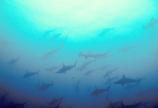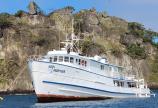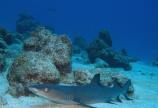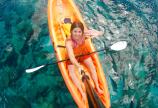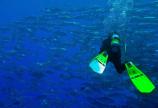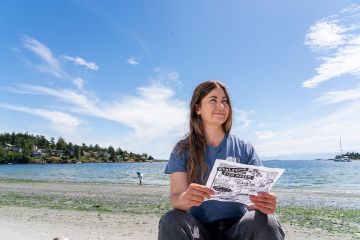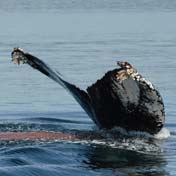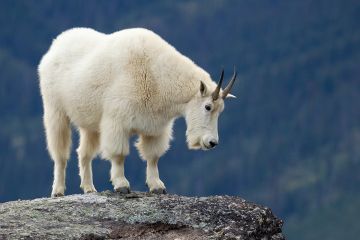Trouble in paradise? MPA fails to protect sharks and rays
- Erin King
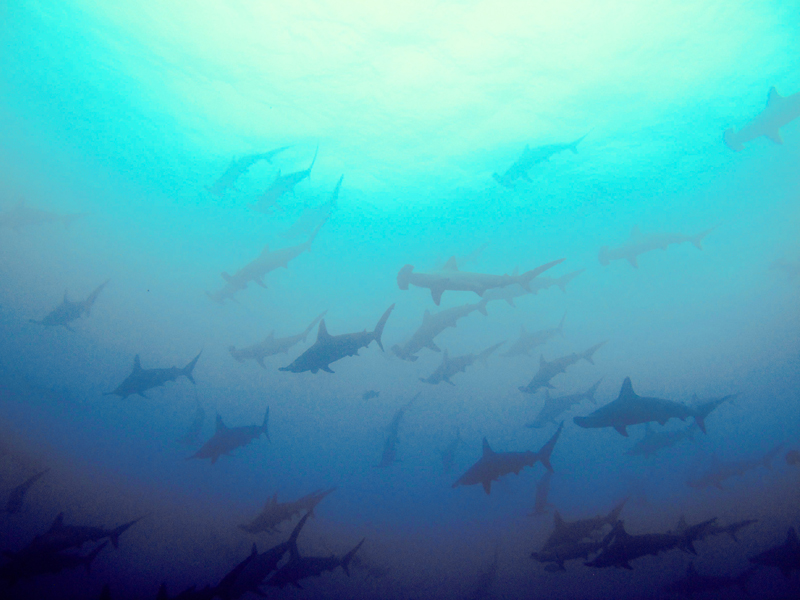
A new study led by researchers at the University of Victoria raises serious concerns about the ability of marine protected areas (MPAs) to effectively protect wide-ranging iconic species, such as sharks and rays.
UVic biologist Julia Baum and former Fulbright student Easton White lead the study, which investigated 21 years of recordings of shark and ray sightings at Cocos Island, a UNESCO heritage site and marine protected area off Costa Rica.
Cocos is surrounded by an extensive system of coral reefs and seamounts and lies at the confluence of several major oceanic currents, leading to exceptional biodiversity. It is renowned among scuba divers as one of the best places in the world to view sharks and rays in large numbers.
But is Cocos a conservation success story or merely a “paper park” where conservation goals are not managed or enforced? To find out, the UVic team collaborated with researchers at the University of Northern Iowa to crunch numbers from more than 1.4 million shark and ray sightings at Cocos Island.
Results reveal major declines in eight of the reserve’s 12 commonly observed shark and ray species. “The largest species, like hammerheads and manta rays, are simply moving in and out of protected areas as part of their natural migration patterns,” says White. “We may need to think beyond the identification of localized protected waters if we wish to curb the effects of overfishing on these animals.”
The team also found that other species like the whitetip reef shark and eagle ray, which tend to stay within protected waters, are also declining. “These species are likely suffering because of insufficient enforcement of the protected area,” says Baum.
“Sharks and rays are paying the price for illegal fishing inside the reserve and rampant over-fishing outside the reserve, both of which are ongoing across the eastern tropical Pacific,” she says.
Photos
In this story
Keywords: wildlife, oceans, research, coral reefs, sharks, biology, Central America
People: Julia Baum

